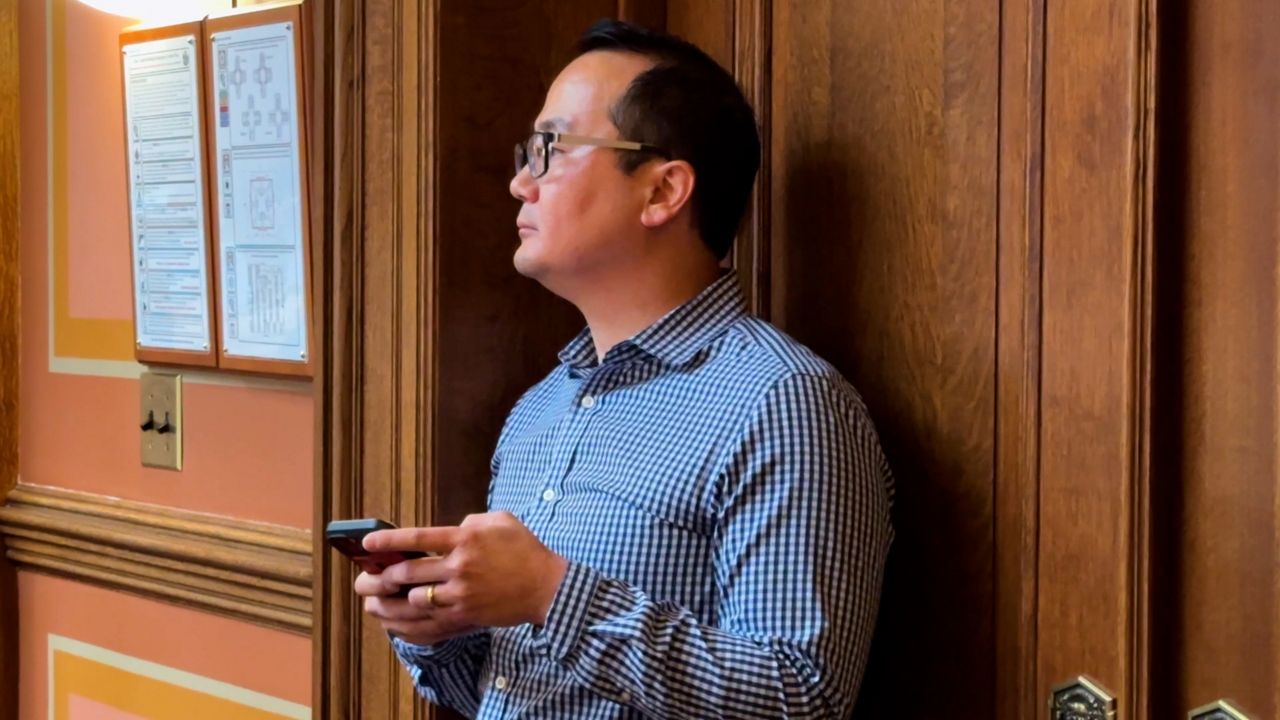MADISON, Wis. — As Asian American and Pacific Islander (AAPI) Heritage Month nears its close, there is a push underway at the Capitol in Madison to make lessons about the history of the culture permanent in schools.
Current law requires Wisconsin schools to teach the history of American Indians, Black Americans and Hispanics. The bill under consideration Thursday by the Assembly Committee on Education is about as simple as it gets: Hmong Americans and Asian Americans would be added to the list.
“Asian American history is American history,” Kabby Hong, a 2022 Wisconsin Teacher of the Year, told lawmakers. “We are your neighbor, your doctor, your grocer and even your teacher.”
Hong, who has taught at Verona High School for the last two decades, spoke in favor of the legislation and said the proposal is more than just an education bill. For him, he said, it’s a formal acknowledgment of the AAPI community as a part of the fabric of Wisconsin.
“I believe that our bonds as a country are stronger when all students learn about the 442nd [Infantry Regiment], the bravery of the Hmong community, the perseverance of the Chinese Americans and the leadership of Patsy Mink,” Hong explained.

The legislation has been a decades-long effort in the Capitol.
“The reality is that for far too long, their stories, experiences and contributions have been overlooked and ignored,” State Rep. Katrina Shankland, D-Stevens Point, said. “This legislation aims to correct that mistake by instructing school boards to include education about Hmong Americans and Asian Americans in K-12 public schools.”
In 2019, the proposal gained bipartisan support.
“Wisconsin is home to the third largest population of Hmong Americans of any state in the nation, and the Asian American population in our state has risen 82% since the 2000 census,” State Rep. Patrick Snyder, R-Schofield, said. “I find that many are unaware of the history of how the Hmong people came to live in Wisconsin.”
Though a public hearing does mark progress for legislation, there are a few more hurdles.
First, the bill must be passed by committee before going to the full Assembly and Senate for a floor vote, after which it would go to Gov. Tony Evers, if passed by lawmakers.


